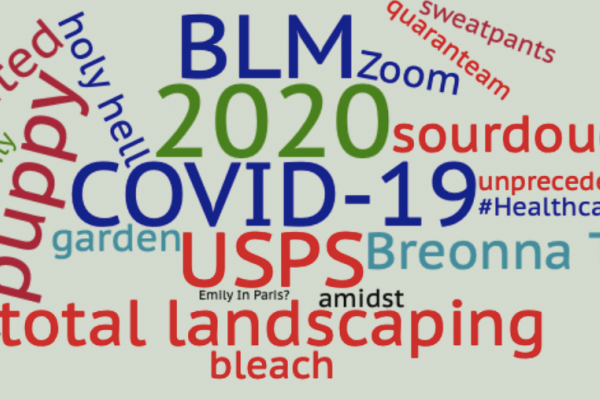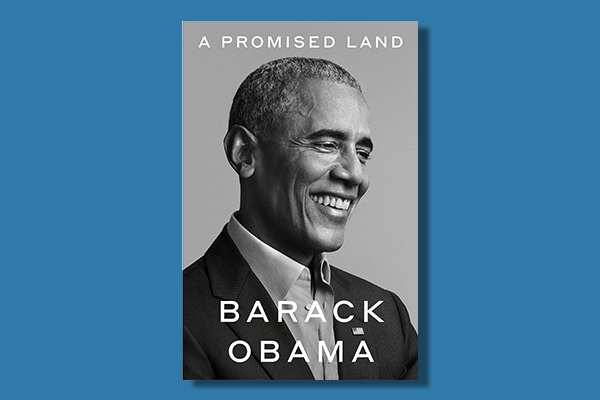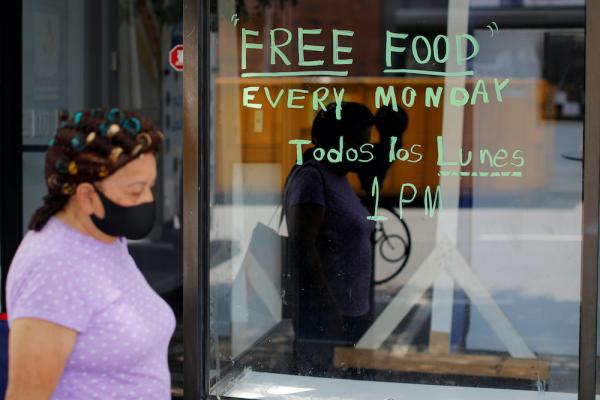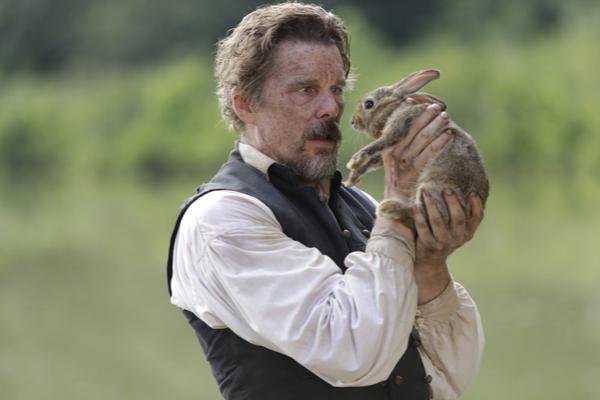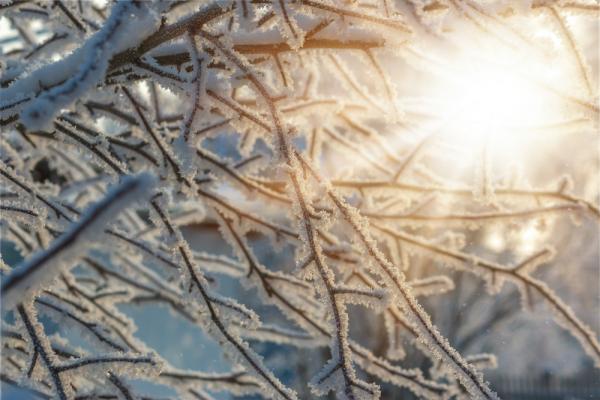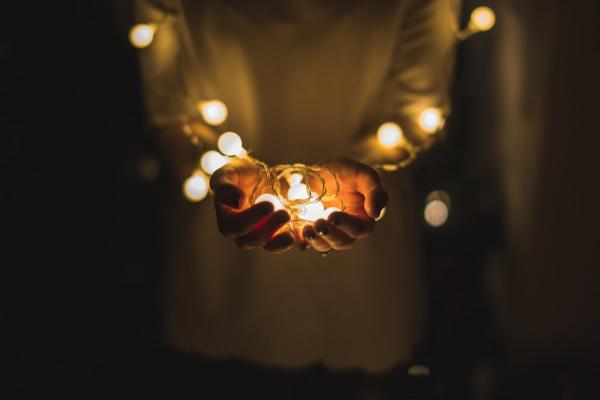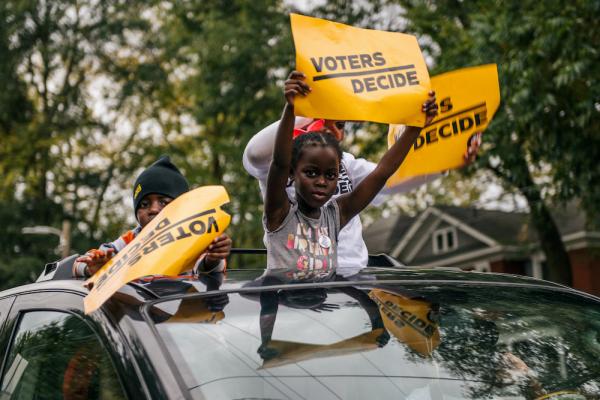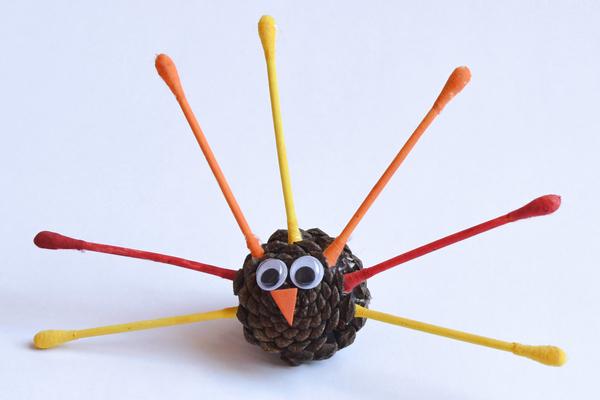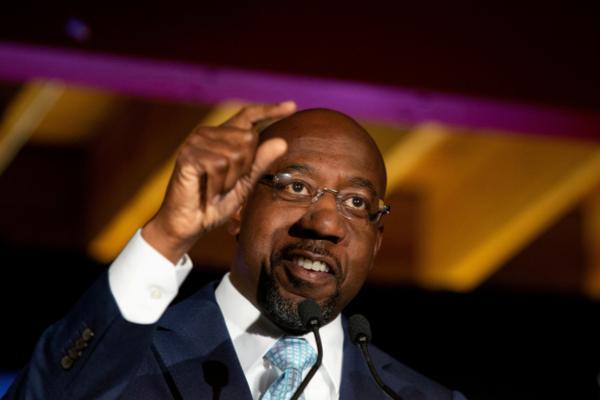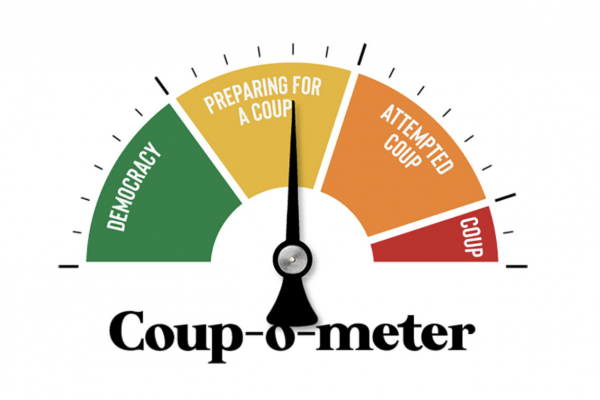2020, which allegedly ends later this month, has made us mourn, and within that and despite that, it’s made us creative. Below are 10 articles about how we survived, how we didn’t, and how we still could.
The scripture-inspired title of Obama’s latest book comes from the idea that a better America ― one that lives more fully into its democractic promise ― is still possible. “[E]ven if we experience hardships and disappointments along the way, that I at least still have faith we can create a more perfect union. Not a perfect union, but a more perfect union,” Obama told CBS 60 Minutes correspondent Scott Pelley in a Nov. 16 interview.
The U.S. set two disturbing records on Wednesday with more than 200,000 new coronavirus infections reported nationwide and 100,000 patients hospitalized in just one day. This brings the nation’s total to 14 million coronavirus cases and 272,000 fatalities since February. Robert Redfield, the director of the Centers for Disease Control and Prevention, said yesterday that the next three months are “going to be the most difficult time in the public health history of this nation.”
I don’t begrudge Ethan Hawke for wanting to play John Brown and producing this project. John Brown’s life was vast and exciting; his willingness to take up arms to defeat injustice mirrors conversations we still have in the church today about nonviolence.
This election season has shown us just how deep and how wide the polarization is in this nation. It is disconcerting how easily we sell our birthright for political affiliation. We have replaced God with political idolatry.
The Centers for Disease Control and Prevention recommend celebrating the holidays only with the people you live with. In this recommendation, I hear a resigned invitation to make it work with what we have. Let us draw lessons from those who have long had to make it work. And in that, I offer a prayer.
During the 2016 presidential election, 22 percent of eligible Georgia voters were unregistered. Four years later that number has dropped to just two percent.
De-politicizing refugee resettlement, virtual Thanksgiving, and other stories our editors are reading.
Rev. Dr. Willie Jennings, professor of systematic theology and Africana studies at Yale Divinity School and author of After Whiteness: An Education in Belonging, said that the critiques against U.S. Senate candidate Rev. Dr. Raphael Warnock are an attempt to “take from Black religious figures” what is granted “to white religious figures.”
Even before ballots were cast in the 2020 presidential election, many were suspicious of how the Trump White House would handle a potential transfer of power. As the election wound down with clear margins in President-elect Joe Biden’s favor — and as Donald Trump continued his refusal to concede — more people began to use the word “coup.”
